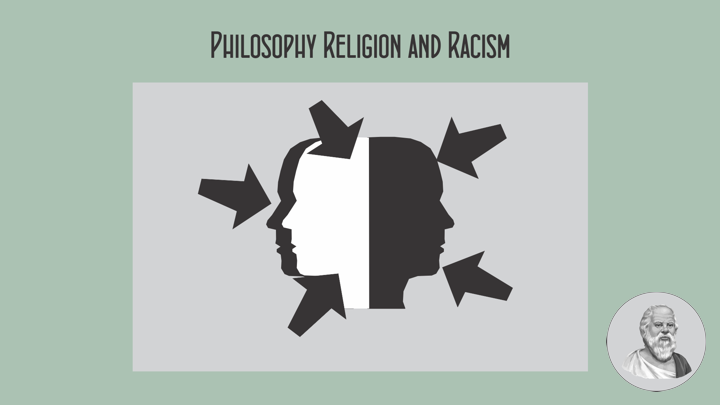——
#LucPaquin #Spirituality #Philosophy #Religion #Racism #WorkLifeBalance
——
——
Philosophy Religion and Racism
It is by now well known that some of the greatest modern philosophers held racist views. John Locke, David Hume, Immanuel Kant, G W F Hegel and many others believed that Black and Indigenous peoples the world over were savage, inferior and in need of correction by European enlightenment. No serious philosopher today defends these explicitly racist views but, with good reason, they continue to study the writings of these authors. In order to hold on to the philosophical insights, scholars tend to make a distinction between the individual racism and the philosophical systems.
Global and national events can often make us feel powerless and paralyzed, especially when they are related to systemic issues of injustice. You’re not alone. But sometimes we do know of things we can do but are afraid of offending people, afraid of the cost, or afraid of making a mistake. But it’s better to make mistakes along the way than to live a lifetime in ignorance or be complicit through your inaction.
The perpetuation of ignorance is another form of racial violence. Many of us have been taught a White Supremacist education that implicitly assumed whiteness as normative and centered white European history and white European authors. Let alone adequately document the other many faces of White Supremacy that oppress and marginalize Indigenous, Latin, Asian, Middle Eastern, Jews, African, Atheism, and other subaltern voices.
Some of the central themes presented dealt with experiences of racism and discrimination among religious minorities, the intersections of gender and religion, which in turn opened up important discussions on the meaning of secularism, nationalism, and feminist struggles. Other themes included the development of state racism and fascism in different parts of the world as well as expressions of particular kinds of racism.
I want to talk to you today about something relating to racism and religion in America, that I probably could not have brought to consciousness until this crisis began. Even now my thoughts are not finished or complete; but the bottom line of what I want to propose is that the particular issue of racism in this unusually religious country of the United States is inextricably and very problematically related to its Christian theological past. And therefore that the category of sin, in all its richness, difficulty and ambiguity, cannot be bracketed out of the issue of American racism, even though most people, for obvious and entirely cogent, modern democratic reasons, would necessarily prefer to deal with it in other non-theological categories: rights, economics, social advantage, educational opportunities and so on. It is news to everyone as headlines about the latest racial unrest or expression of racist political attitudes regarding immigration, economics, war and policing are often linked with White Christian culture, and particularly White Evangelicalism.
Luc Paquin

Leave a Reply